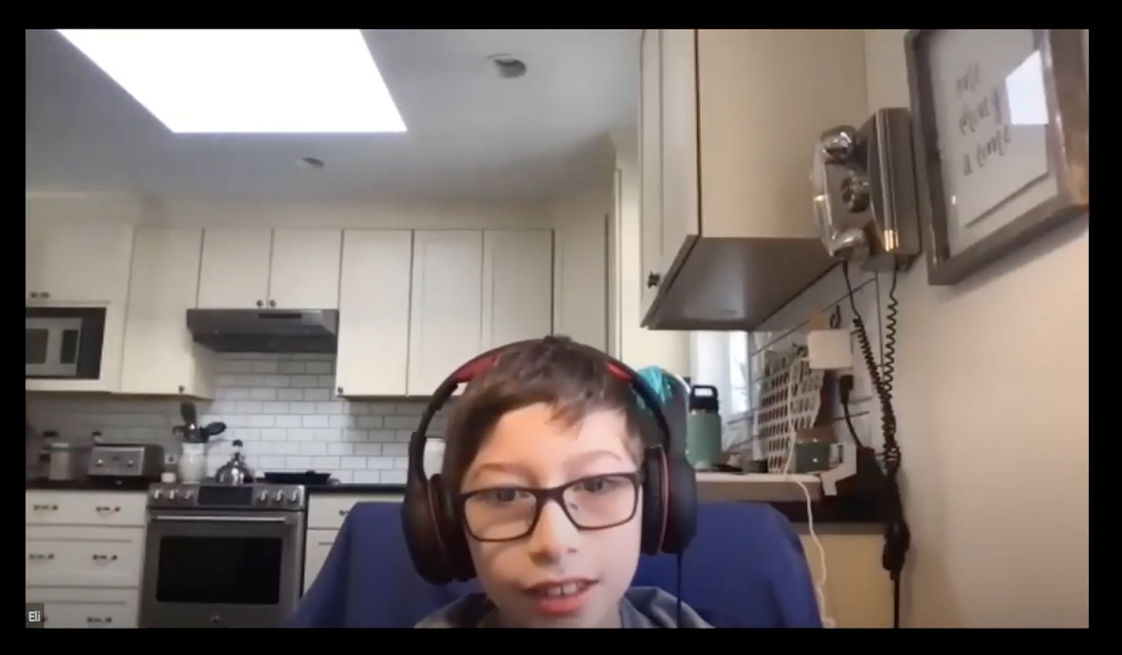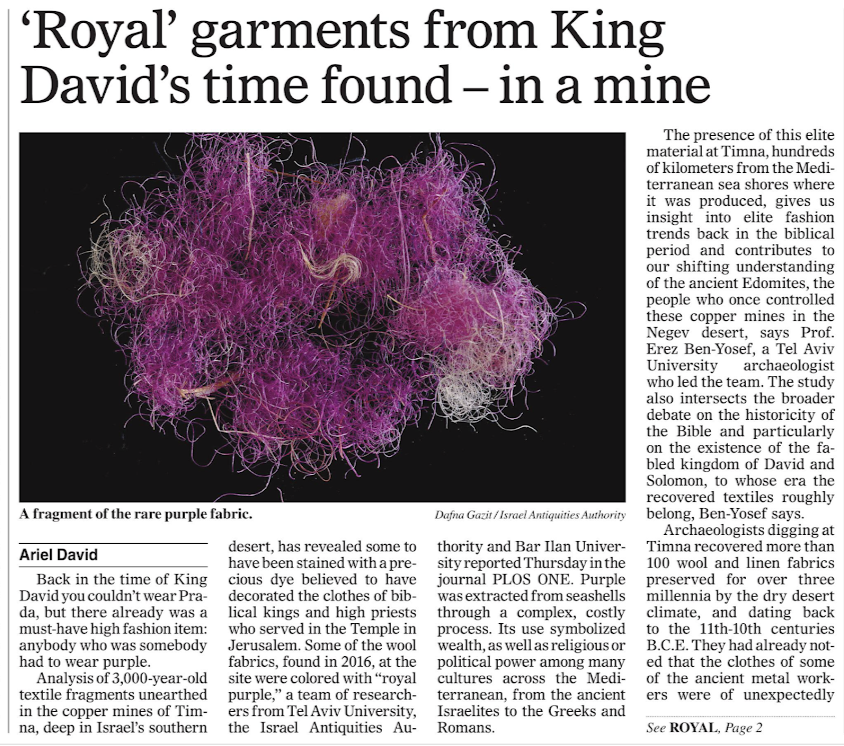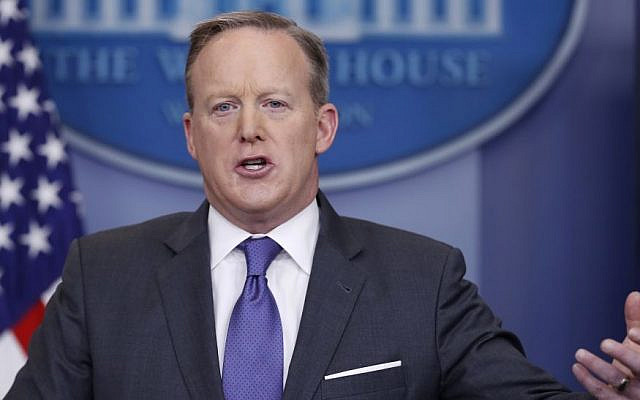One of the most inspiring moments of week’s Inauguration was the recitation by the 22-year-old poet Amanda Gorman of her poem, “The Hill We Climb.” When asked what images from the January 6 attack on the Capitol inspired her, she said something to the effect that she doesn’t perceive the world in images, but in words. She talked about how her speech impediment had taught her about the unique potency of words, which she considered much more evocative than visual or felt experiences.
And she’s right. We’ve known it all along. But we’ve forgotten. We say that a picture is worth a thousand words, but a thousand well-chosen words can paint a much clearer portrait of an event than a perfect photo. Amanda Gorman reminded us of that with her poem, and she managed to do it in just 713 words.
Gorman’s masterwork reminded us of just how word starved we’ve become, as we emerge from a period where literary (and all other) expertise was undervalued, where even daily security briefings went routinely unread.
In the Torah, as in life, words matter, and a sensitivity to the power of every letter – all 304,805 of them, to be precise – is of paramount importance.
Gorman’s poem is a reminder that we now must return to the landscape of language – and as we do, we see that it has suffered nearly as much as other, more natural landscapes, the flooded shorelines, burning forests and parched fields of our desolate world.
Certain words that used to be innocuous have been tarnished forever by the past four years. Think of “ice.” It used to be something that you ask for your glass of Coca Cola. Now if you say “ice” and “coke” in the same sentence, it might have nothing to do with grabbing a cold drink. “ICE” has been tarnished with the fear of abrupt deportation. One of the most gratifying moments for me this past week, in fact, was when the executive order was signed that effectively ended the random seizures of immigrants.
In that field of tarnished words, we must include the verb “to trump.” For the past few years, we’ve had to apologize every time we’ve talked about something “trumping” something else. We’ve strained for alternatives, often settling on awkward formulations like, “bested,” “topped,” “superseded” or “exceeded” rather than “trumped.” The substitutes work to a degree, but no one can hold an “exceed card.”
And so, as we try to restore the power of language, we wonder whether it will ever be possible to Make Trump a Verb Again.
Donald Trump’s Orwellian attack on truth took a terrible toll on words like “patriot,” “freedom,” “free and fair elections” and “religion.” “Facts” were virally infected when the word “alternative,” was allowed to get within six feet, as it did early on. We joke about invented words like “covfefe,” but it is no laughing matter that the truth took a battering. Bigly.
Some words clanged their way into the room, desecrating our verbal landscape like that Confederate flag in the Rotunda — words like “libtard” spewed like diarrhea from bilious brains, offending especially those like me who have loved ones with intellectual challenges. Trump’s Twitter trash spared no one, even defaming our canine friends by calling his enemies dogs. And his responses to any presumed provocations were so predictable as to become cliches, each one degrading our language even more.
Gorman’s poem reminded us of how much we’ve lost, not only to Trump, but to our Covid-induced year of degraded communications. The pandemic (another word whose meaning has been transformed) has separated us not merely from one another, but also from relationships and travel, the oxygen that fuels new experiences and with them literary flight. Words were on a respirator before Amanda Gorman rescued them; and paradoxically, only that rescue awakened us to the depth of our descent. We realized how far we had sunk into the swamp of platitude and convention, how out of sorts our words had become.
Fittingly, while the word “trump” ceased to be a verb connoting bravado, no problem with Biden, who seemed to be bidin’ his time in Iowa and New Hampshire, and we are still biding our time, patiently, while awaiting inoculation. Yes, the verb “bide” — like patient Joe himself – has survived the war on language.
Other words too managed to hide among the ruins of the four-year Orwellian assault and emerge from the furnace unscathed. And some are reappearing after an enforced hiatus — words like “decency,” “dignity,” “civility,” and my personal favorite and nominee for 2021 word of the year, “mensch.” (Full disclosure: I wrote a book about how to be one).
Words can transform worlds. In Exodus 12, as the tenth plague in Egypt is dramatically depicted, we are introduced to the word that will become central to many faiths: pesach, a term that has developed multiple meanings through centuries of linguistic evolution. Only in the 16th century did Christian scholar William Tyndale first translate it as “passover,” based on a suggestion by some classical Jewish commentators that it is connected to the word “to skip.” But that is not the only possible meaning of pesach, and when you think about it, why would we want to demean God as playing some kind of primordial game of hopscotch over Israelite homes?
Two other theories of the development of the word pesach are much more satisfying. One, from the midrash and the medieval commentator Rashi, says it means “to have compassion.” Another, based on Isaiah 31:5 suggests that it means “to protect.”
So, if those understandings hold, God’s destroyer didn’t “pass over” the houses with the blood on the doorposts. God had compassion and protected those who resided therein.
What an amazing transformation in language. To take a mechanical, emotionless act like “passing over,” and injecting it with compassion, turning a bloodstained home into a shelter, a place of divine caring and of sanctity.
Kind of like what happened at the Capitol this week.
Granted, we’ve come too far to change the name of the holiday from “Passover” to “Compassion-not-over” or some such. In any case, the word pesach should not be a harbinger of vengeance, vindication, or of passing over people that you care for; it should be a celebration of the power of love.
There’s one other meaning for pesach that is proposed by commentators. The word “pisay-ach” can also mean “lame,” as in Isaiah 35:6 “And the lame shall leap like a deer, and the tongue of the dumb shall sing out loud.” Perhaps it’s not the angel of death who is doing the leaping, but the rest of us, those of us challenged by the afflictions of life, yet able to overcome enslavement… those who can’t walk but suddenly are able to leap. Just as those with speech impediments, like Amanda Gorman and Joe Biden – and Moses, for that matter – who were never “dumb” in the least, are able to sing out loud with magical words that inspire us all.








































